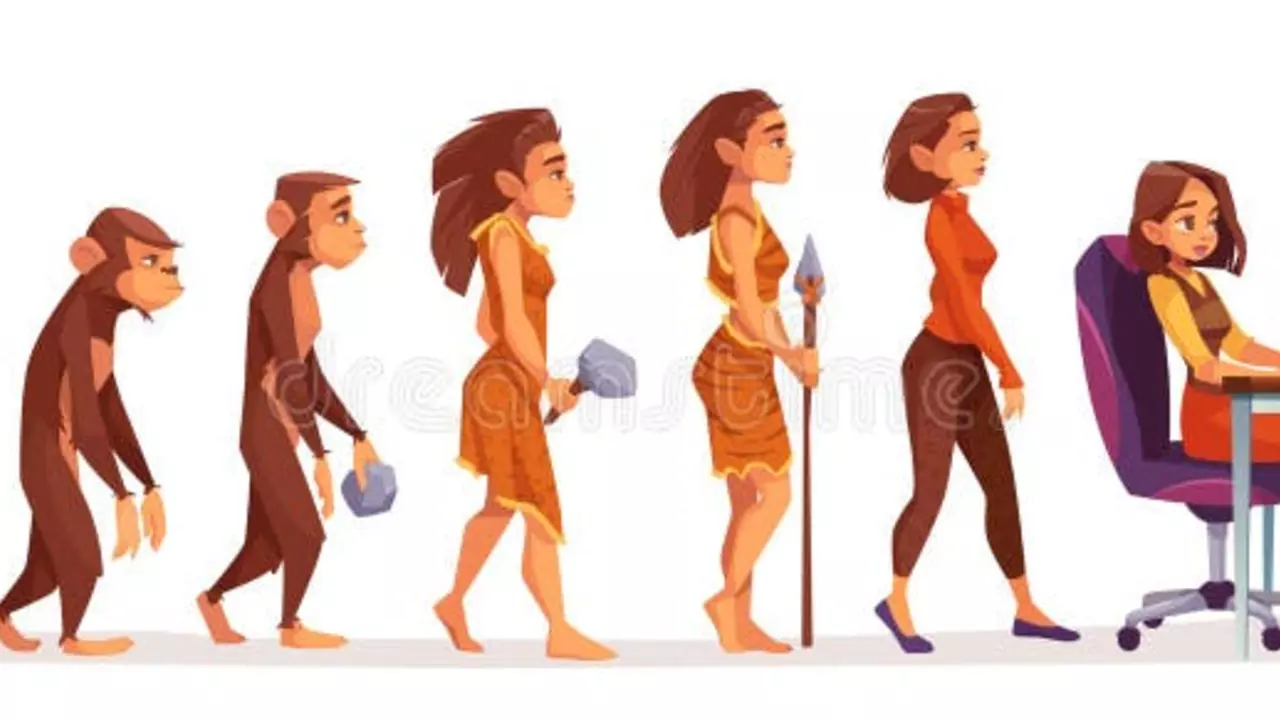Understanding the Concept of Culture
The concept of culture is incredibly vast and encompasses so many aspects of human life. Culture can be seen as a complex web of shared beliefs, values, customs, behaviors, and artifacts that members of a society use to interact with their world and with each other. It is formed by a society's environment, history, and other factors. Culture shapes our understanding and perspective of the world, influences our behaviors and beliefs, and ties us to certain social, religious, and political systems.
The Origins of Culture
The development of culture began with our early human ancestors, even before the existence of Homo sapiens. Early humans developed basic tools and fire, which allowed them to survive in harsh environments. They started to learn about their world, and this knowledge was passed down through generations. This knowledge sharing is one of the earliest forms of culture.
Emergence of Complex Cultures
The emergence of complex cultures can be traced back to Homo sapiens. Unlike other species, Homo sapiens had the ability to think symbolically. Symbolic thought gave birth to language, art, religious beliefs, and other cultural features. These cultural elements allowed humans to create social identities and to form larger and more complex social structures.
The Role of Language in Cultural Development
Language plays a significant role in cultural development. It is the primary means by which culture is transmitted from generation to generation. Language allows humans to communicate their thoughts, ideas, and emotions with each other, which helps in forming social bonds. It also helps in preserving and transmitting cultural heritage and wisdom.
The Impact of Agriculture on Cultural Evolution
The advent of agriculture was a major turning point in human history and culture. It allowed humans to settle in one place and to have control over their food supply. This led to the development of permanent settlements, which eventually grew into complex societies with social hierarchies, economic systems, and political structures. These societies developed their own distinctive cultures.
The Influence of Religion on Culture
Religion has been a major influence on human culture. It provides a framework for understanding the world and gives meaning and purpose to life. It shapes our beliefs, values, and behaviors, and influences our social and moral norms. Religious rituals and ceremonies are important cultural practices that help to strengthen social bonds and to maintain social order.
Culture in the Modern World
In the modern world, culture continues to evolve. The process of globalization has led to the interaction of different cultures, leading to cultural exchange and the creation of new cultural forms. Technology, particularly the internet, has also had a significant impact on culture. It has changed how we communicate, how we work, and how we interact with each other. It has also given rise to digital culture, which is a new cultural form.
The Future of Culture
As we move into the future, culture will continue to evolve. It will be shaped by various factors, including technological advancements, environmental changes, and social and political developments. It will also be influenced by our efforts to understand and appreciate different cultures and to promote cultural diversity and inclusion. As we continue to explore and understand the world, we will continue to create and shape our culture.
